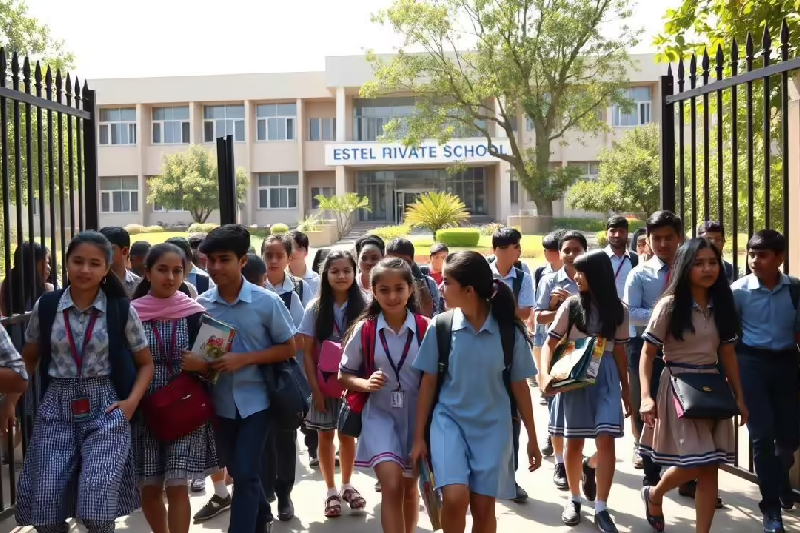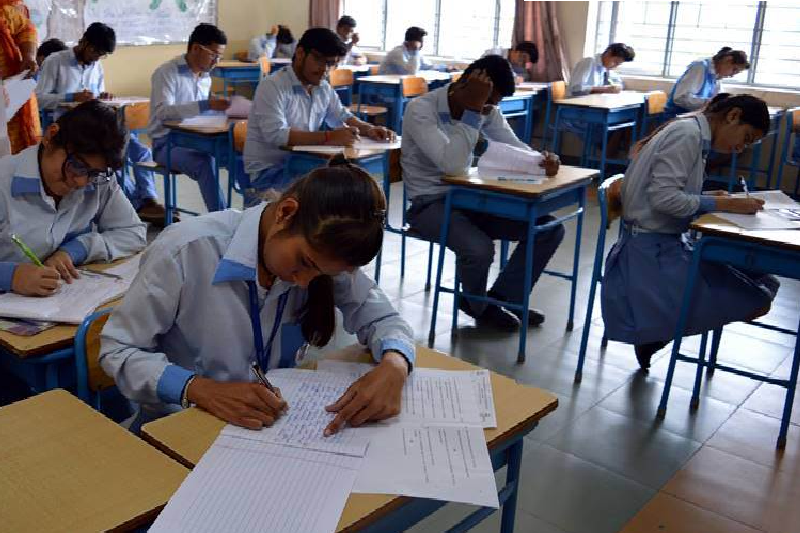
Bangalore University Marks Tampering Scandal: 55 Students Affected in UUCMS Security Breach
In a troubling development that raises questions about the security and integrity of digital academic systems, the marks of 55 students from Bangalore University (BU) were found to have been tampered with after a breach in the Unified University and College Management System (UUCMS). This cyber incident, involving unauthorized access to a top official’s credentials, is not the first of its kind, and it highlights the vulnerabilities in the state’s digital education infrastructure.
Details of the Breach: Registrar’s Credentials Compromised
The tampering came to light when Srinivas Chowdappa, the university’s registrar (evaluation), discovered that his login credentials for UUCMS had been compromised. The breach allowed hackers to alter student marks without triggering the usual OTP (One-Time Password) verification that safeguards password changes. According to Chowdappa, the hackers gained access overnight, and by the next morning, the altered results had already been uploaded into the system.
“I realised the password was changed in the morning and immediately alerted UUCMS. They provided a list of the students whose marks had been modified,” he stated.
Who Was Affected: 55 BCA Students Targeted
The compromised records belonged to 55 Bachelor of Computer Applications (BCA) students from two private colleges in Bengaluru as well as BU’s Jnanabharati campus. The manipulated subjects included environmental sciences and computer architecture.
Interestingly, most of the affected students had already passed their exams, and in many cases, only one or two marks were added—changes that didn’t alter the final result. However, in five cases, students who had initially failed were shown to have passed after the tampering. This raises serious questions about the intent behind the act.
Why Tamper With Already Passing Marks?
One of the most baffling aspects of the case is that many of the tampered marks involved students who had already passed the exams. The minimal changes—often just a mark or two—had no impact on their academic standing.
“We don't know why the marks of students who had already passed were altered. It could be a distraction tactic. We will know more after the internal inquiry,” said Chowdappa.
Immediate Action Taken: Inquiry and Police Complaint
BU has responded swiftly by forming an internal committee to investigate the breach. The university is also planning to file a formal police complaint. As a precautionary measure, officials confirmed that none of the tampered marks will be reflected in students’ official academic records. The original marks have been retained.
Recurring Problem: Not the First Breach of UUCMS
This isn’t the first time that the UUCMS has been compromised. In 2024, Bengaluru North University (BNU) faced a similar issue, which led to the arrest of three individuals by the Kolar district police, responsible for cybercrime and narcotics control. That incident should have served as a warning about the risks associated with centralized digital systems lacking robust cybersecurity protocols.
Systemic Concerns: Questions Over UUCMS Security
UUCMS is a statewide digital portal developed under the National Education Policy (NEP) 2021 to centralize higher education administration in Karnataka. It handles critical academic operations such as admissions, fee payments, and result declarations across public universities and colleges.
However, repeated breaches are now casting doubt on the platform’s reliability. A concerned college assistant professor voiced what many in academia are feeling: “With hacking of UUCMS becoming a repeat affair, the higher education department needs to take note of it and heighten security measures. Else, where’s the credibility of the portal and sanctity of the exam?”
No Official Response from UUCMS Yet
Despite the gravity of the situation, UUCMS officials have not responded to media inquiries. Their silence has only added to the unease among educators, students, and parents. Given the critical role the portal plays in academic administration, stakeholders are urging the government and higher education authorities to act quickly to fortify its security framework.
Implications for Students and Universities
This breach is more than just a technical failure—it strikes at the very core of academic fairness and institutional trust. For the five students who benefitted from the tampered results, serious ethical and academic implications follow. For the others, especially those whose results were only slightly altered, it creates unnecessary confusion and stress.
Universities now face the burden of not just investigating the breach but also restoring confidence in their systems. For BU, this means ensuring transparency in the inquiry process and publicly committing to stronger cybersecurity practices moving forward.
Conclusion: A Wake-Up Call for Karnataka's Digital Education System
The Bangalore University marks tampering case is a stark reminder of the vulnerabilities within Karnataka’s digital academic infrastructure. While quick action has been taken to contain the immediate fallout, the incident reveals a systemic issue that demands a long-term solution. With UUCMS being central to the state’s higher education governance, ensuring its security is no longer optional—it’s urgent and necessary. The credibility of academic results and the future of thousands of students depend on it.



